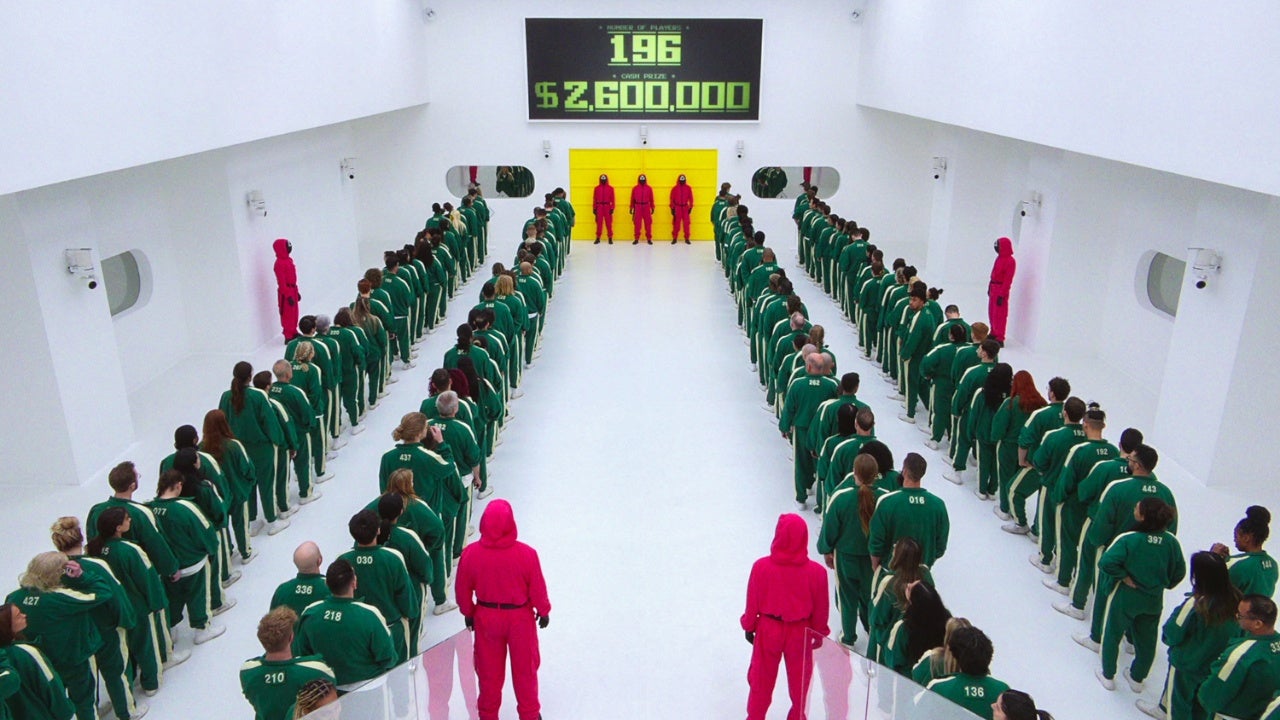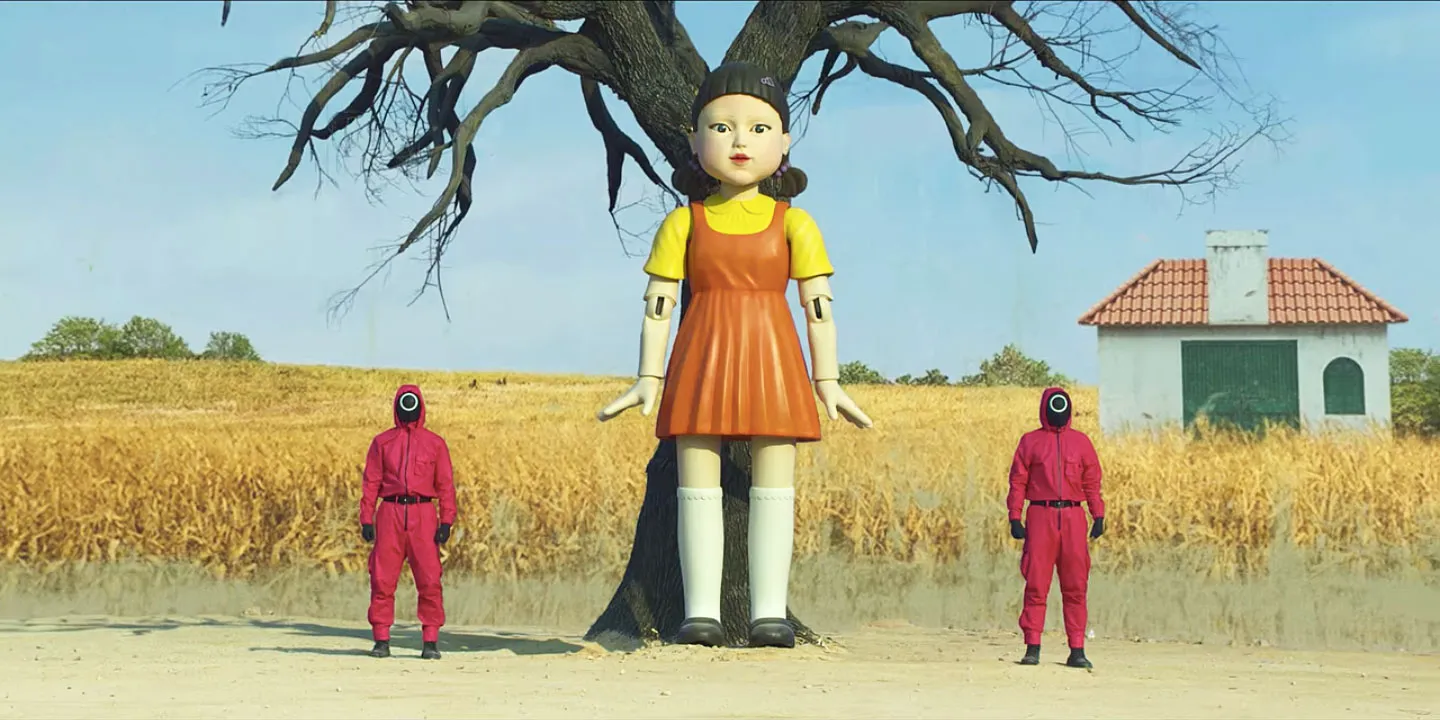Netflix’s latest venture, “Squid Game: The Challenge”, has been the talk of the town since its release on November 22. Drawing inspiration from the Korean thriller “Squid Game”, this reality show version has captured audiences with its unique blend of real-life drama and elements borrowed from its dystopian predecessor.
Executive producers Stephen Lambert, Stephen Yemoh, John Hay, and Toni Ireland have shed light on the authenticity and creative decisions behind this series, stirring a conversation around the delicate balance between reality and staged content in reality TV.

The Creative Process: Staging for Immersion
Lambert, speaking with The Hollywood Reporter, revealed insights into the production choices. Acknowledging the expectations set by the original scripted series, he explained how certain “staged” elements, like the control room scenes, were integral in creating an immersive experience for both contestants and viewers.
The producers aimed to maintain the essence of “Squid Game” while adapting it to a non-lethal, reality show format. This approach involved careful planning, from the use of guards to communicate with players, to hiring a choreographer to enhance their authoritative presence.
We asked New Yorkers to do a real life Squid Game Challenge. The first assignment? Text your ex. pic.twitter.com/ZBnPiu62e9
— Netflix (@netflix) November 24, 2023
The Contestants’ Experience: Real Reactions in a Crafted World

Addressing the authenticity of contestants’ reactions, the producing team emphasized that participants had the freedom to express their eliminations as they saw fit. This decision added a layer of genuine human emotion to the show, with some contestants choosing dramatic expressions and others opting for more subdued reactions.
The Necessity of Fabrication in Reality TV
Despite its title, “Squid Game: The Challenge” incorporates elements that aren’t entirely real. This approach is not uncommon in the realm of reality TV, where producers often use creative editing and staging to enhance entertainment value. In the case of this show, these techniques were employed to deepen the immersion into the “Squid Game” universe and to manage practical challenges, like condensing hours-long games into digestible episodes.
Audience Reception: Embracing the Blend of Real and Staged
As it stands, fans of the original series and newcomers alike are embracing this unique blend of reality and fiction. The show’s initial episodes have garnered a positive reception, indicating that the producers’ gamble in mixing real and staged elements has paid off. Viewers are eagerly anticipating the upcoming episodes, scheduled for release on November 29.

Conclusion: A New Paradigm in Reality Television
“Squid Game: The Challenge” represents a new frontier in reality TV, where the lines between real and scripted are artfully blurred. This approach, while not without its criticisms, offers a fresh perspective on how reality shows can evolve, maintaining a balance between authenticity and the dramatic flair necessary to captivate audiences worldwide.










